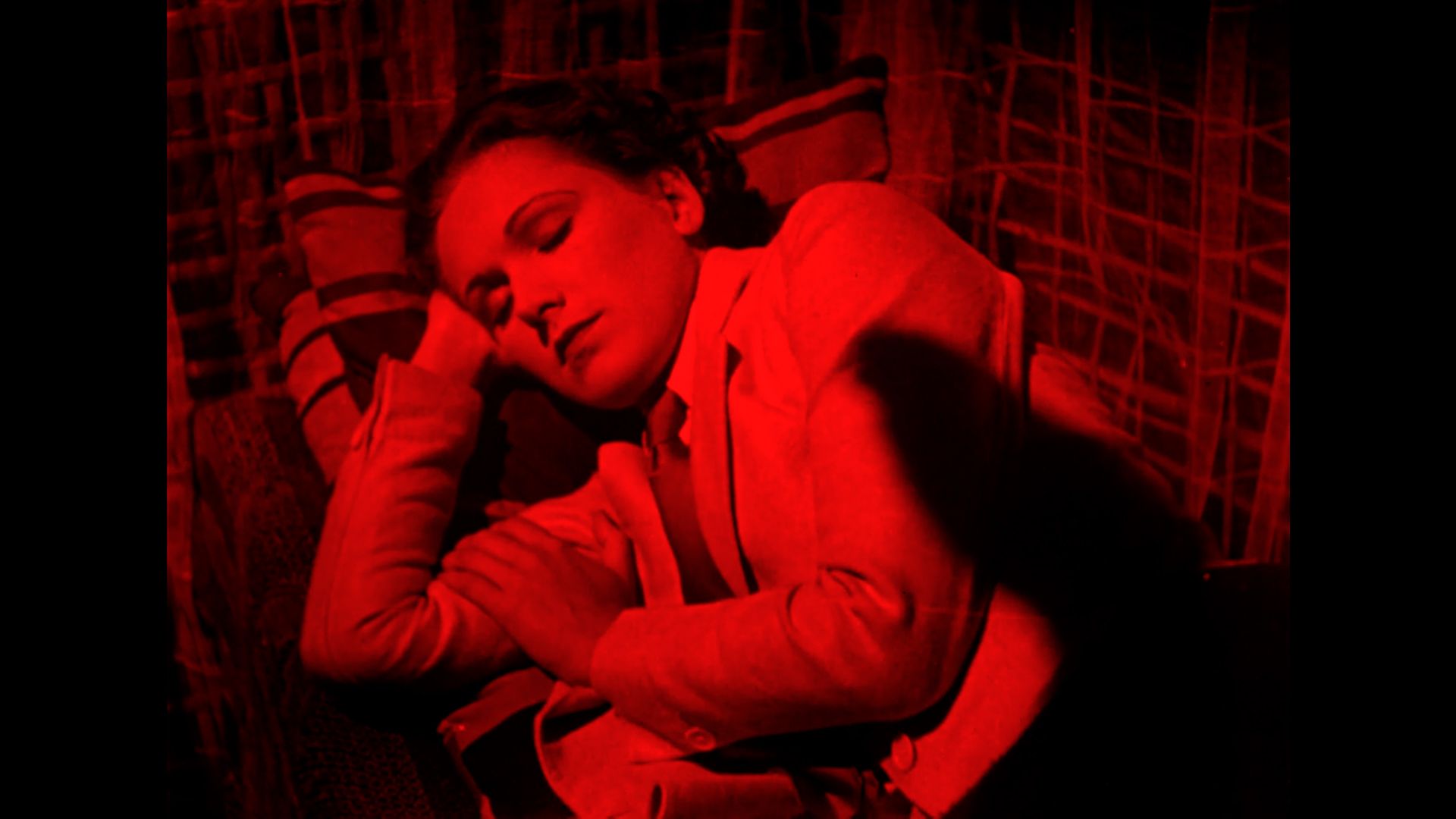Borrowed Dreams: Joseph Cornell and the Archive as Psychic Imprint
Main Article Content
Abstract
During the first screening of Joseph Cornell’s Rose Hobart at the Julien Levy Gallery in New York City in 1936, the Surrealist painter Salvador Dalí forcefully knocked over the film projector in a rage, accusing Cornell of having stolen the idea for the film from Dalí’s own subconscious. A foundational figure in American surrealism, Cornell had produced a new and startling variation on the compilation film. Rose Hobart represented the first attempt by the filmmaker to produce an intimate psychological exploration through found images drawn from the informal archive of the junk shop, a dramatic break from the compilation filmmakers for whom the archive primarily served an evidentiary role. In this video essay, Stephen Broomer surveys Cornell’s films, focusing on the artist’s relationship to his own rough, provisional archive as a site of psychic provocation. This video essay addresses the oneiric singularity of Cornell's films by visually remixing the films, integrating them alongside compilation, surrealist, and trance films, and in doing so explores Cornell’s use of the hard cut to suggest reaction, contrast and equivalence.
Article Details

This work is licensed under a Creative Commons Attribution 4.0 International License.
Authors who publish with this journal agree to the following terms:
- Authors retain copyright and grant the journal right of first publication with the work simultaneously licensed under a Creative Commons Attribution License that allows others to share the work with an acknowledgement of the work's authorship and initial publication in this journal.
- Authors are able to enter into separate, additional contractual arrangements for the non-exclusive distribution of the journal's published version of the work (e.g., post it to an institutional repository or publish it in a book), with an acknowledgement of its initial publication in this journal.
- Authors are permitted and encouraged to post their work online (e.g., in institutional repositories or on their website) prior to and during the submission process, as it can lead to productive exchanges, as well as earlier and greater citation of published work (See The Effect of Open Access).

